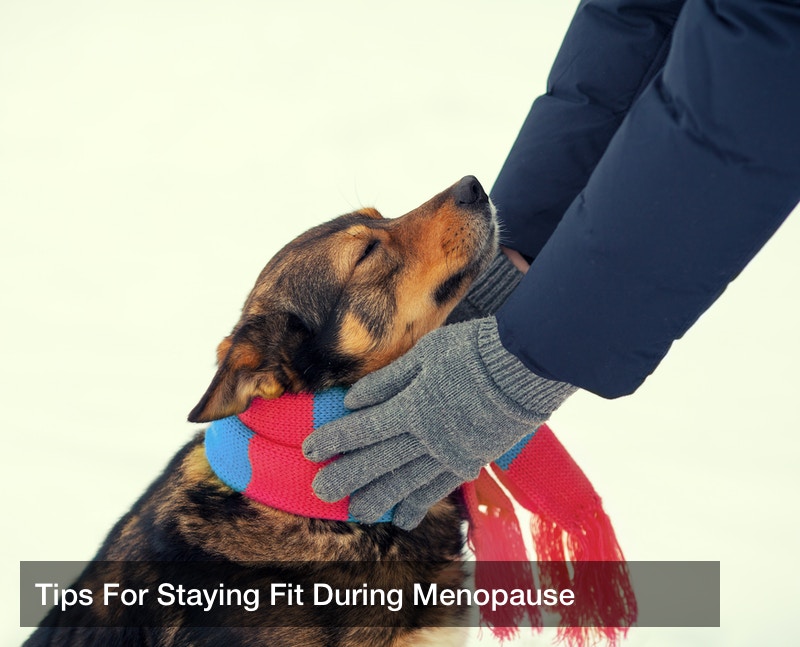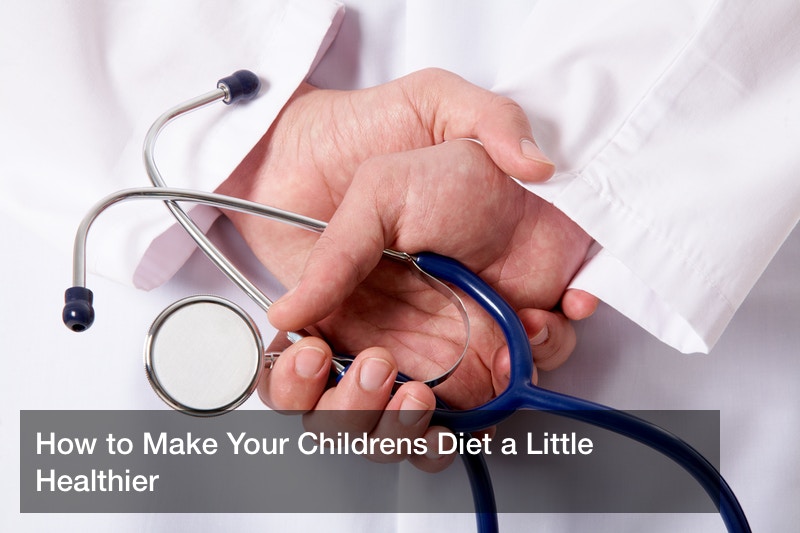
 Although alcoholism remains a major issue across the United States, advertisers aren’t planning on easing back.
Although alcoholism remains a major issue across the United States, advertisers aren’t planning on easing back.
More than 7% of the entire U.S. population over the age of 18 (13.8 million people) has problems with drinking, including 8.1 million people suffering from alcoholism. Major beer companies certainly aren’t planning on stopping their advertising campaigns to this demographic, but an unlikely industry seems to be partnering with these alcohol juggernauts.
The fitness industry has been surprisingly active as of late with alcohol advertisements. This year’s Super Bowl featured plenty of commercials with a group of friends engaging in various exercises, such as cycling, running, and hiking, followed by a nice bottle of beer at the end of the day.
“A big part of why people are working out and being a part of those activities is a sense of camaraderie that comes from shared effort,” said Azania Andrews, Michelob Ultra’s spokeswoman. “We were looking to capture that sense of shared effort and that sense of celebration that they naturally have together afterwards.”
According to The Washington Post, plenty of other fitness brands are jumping on board.
A number of fitness facilities are now serving beer and wine to their members. And it seems like every few weeks another half marathon, 10k race, or triathlon event is sponsored by a brewery or winery.
Jeff Shapiro, owner of Spindle Fitness in Chicago, sees alcohol as more of a business-retention mechanism.
“If a Spindler [name for the members of Spindle Fitness] knows the other people in the facility, they become comfortable here and show up more.” Shapiro added. “For us, alcohol accelerates the process of creating and deepening these relationships. Also, we are normal humans who like to have fun, so a party here or there makes us all happy.”
Although this newfound partnership between the fitness and alcohol communities might be good for each industry, the desensitizing of alcohol could have a negative impact on both alcoholism rates and underage drinking.
A 2016 CNN study shows a direct correlation between a child’s exposure to alcohol advertising and how much alcohol they consume.



